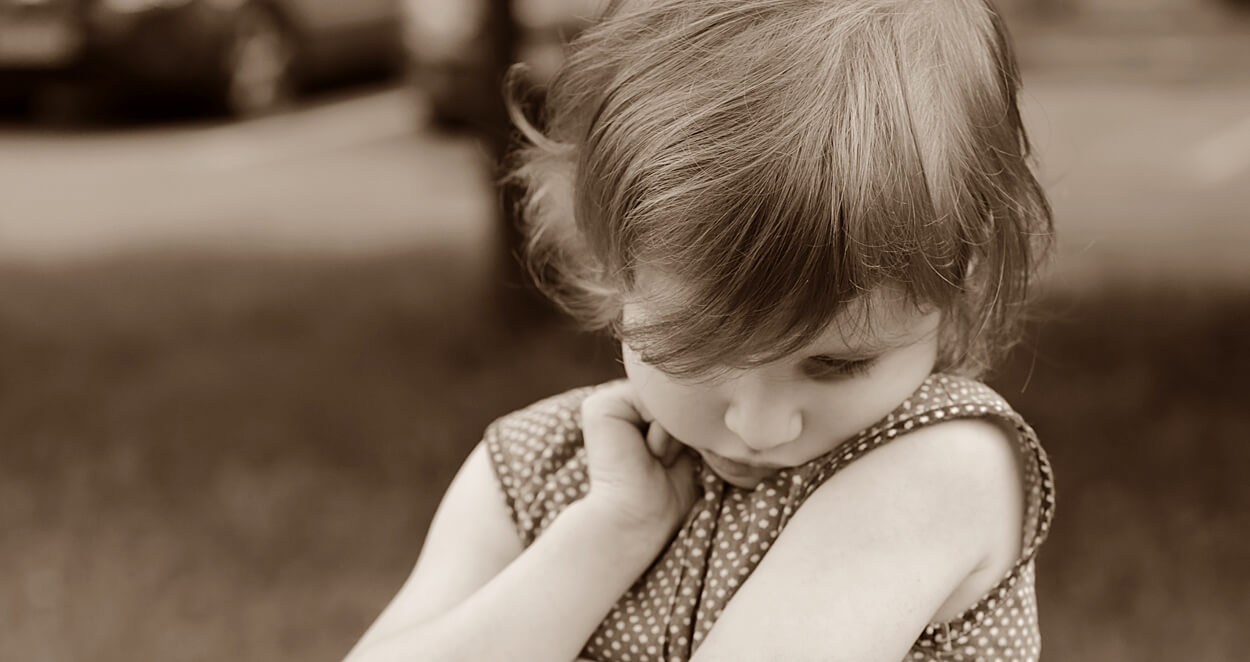The struggle of shyness

1 Jun 2019
As parents, we want the best for our children, this includes them being comfortable and confident in social situations.
Sometimes children are just naturally shy and there is nothing you can say or do to change it. It may last for a short period of time and usually happens when meeting new people, but if you find that they start warming up to people after they have been given the chance to get comfortable in the presence of this person, you shouldn’t have anything to worry about. Many children feel more comfortable after being given enough time to assess and observe someone new.
With some children, shyness is triggered by a negative experience, while others might only be shy in certain circumstances. Regardless of the reason, what can you as a parent do to help them?
First of all, there is nothing necessarily wrong with being shy, in fact, there are some positive aspects to shyness. Most shy children are more attentive listeners and get in trouble far less – as they fear the possibility of getting scolded much more than children that do not experience shyness.
That being said, being able to socialise is still an extremely valuable skill. Shyness is only a cause for serious concern when it gets in the way of doing what’s normally expected, or when it’s making your child unhappy or severely anxious.
• Acknowledge your child’s feelings. Encourage them to talk about the reasons for their shyness – what are they afraid of? Sometimes they may feel alone in feeling the way they do. Tell them about times in your life when you have been shy and how you overcame it. Having them know that you understand what they are experiencing may make them feel less isolated and reduce their overall anxiety.
• Avoid over-comforting your child. Over-comforting could send the message that you think the situation is scary. This might also accidentally reward your child’s shy behaviour.
• Praise any and every social attempt. Be specific about your praise – for example, ‘Themba, the way you said hello to the boy in the park was great! Did you notice how he smiled at you?’
• Have them socialise in smaller groups or one on one rather than larger groups that could get overwhelming. Most children also find it easier to socialise with children younger than them. This can help them in practising and trying out new social skills.
• MOST IMPORTANTLY, be patient. Give your child time to feel comfortable. Rushing things and pushing your child into situations will only cause frustration for you and your child. Remember, your child can’t help the way that they feel.
Don’t give up. Continue to expose your child to all kinds of social situations, even they aren’t willing to do anything more than observe from a distance. Keep that line of communication open with them and don’t scold them or make fun of them when they don’t get it right. Patience is key. With time, he or she will become more comfortable with the idea of socialising with other children.